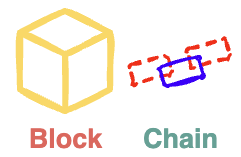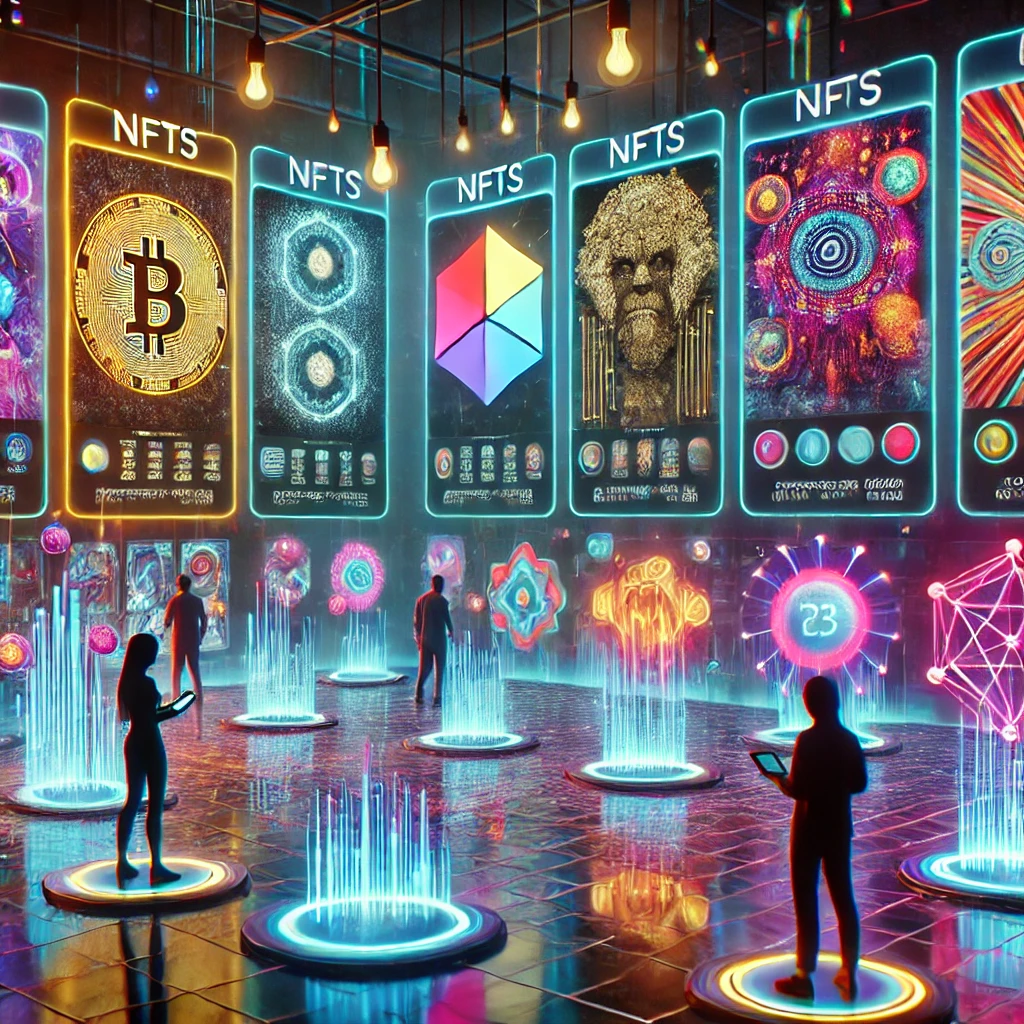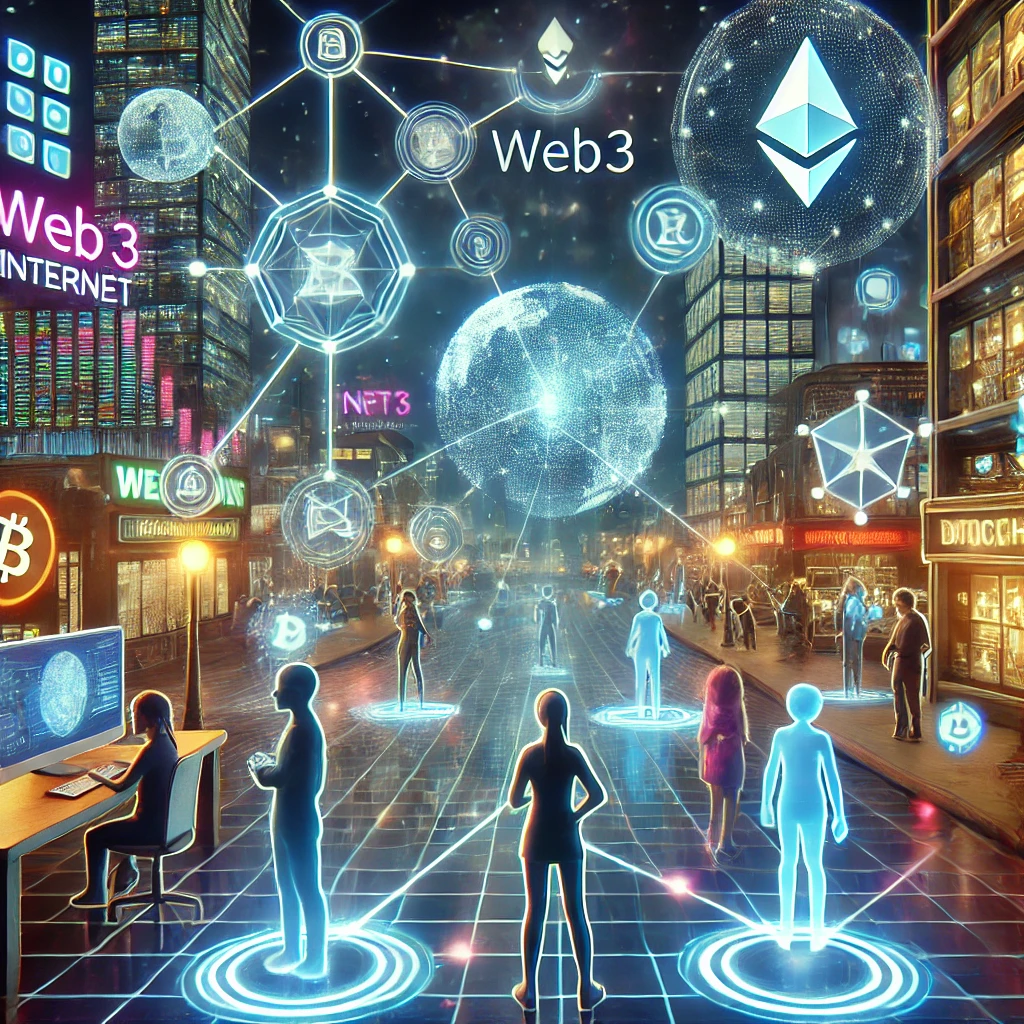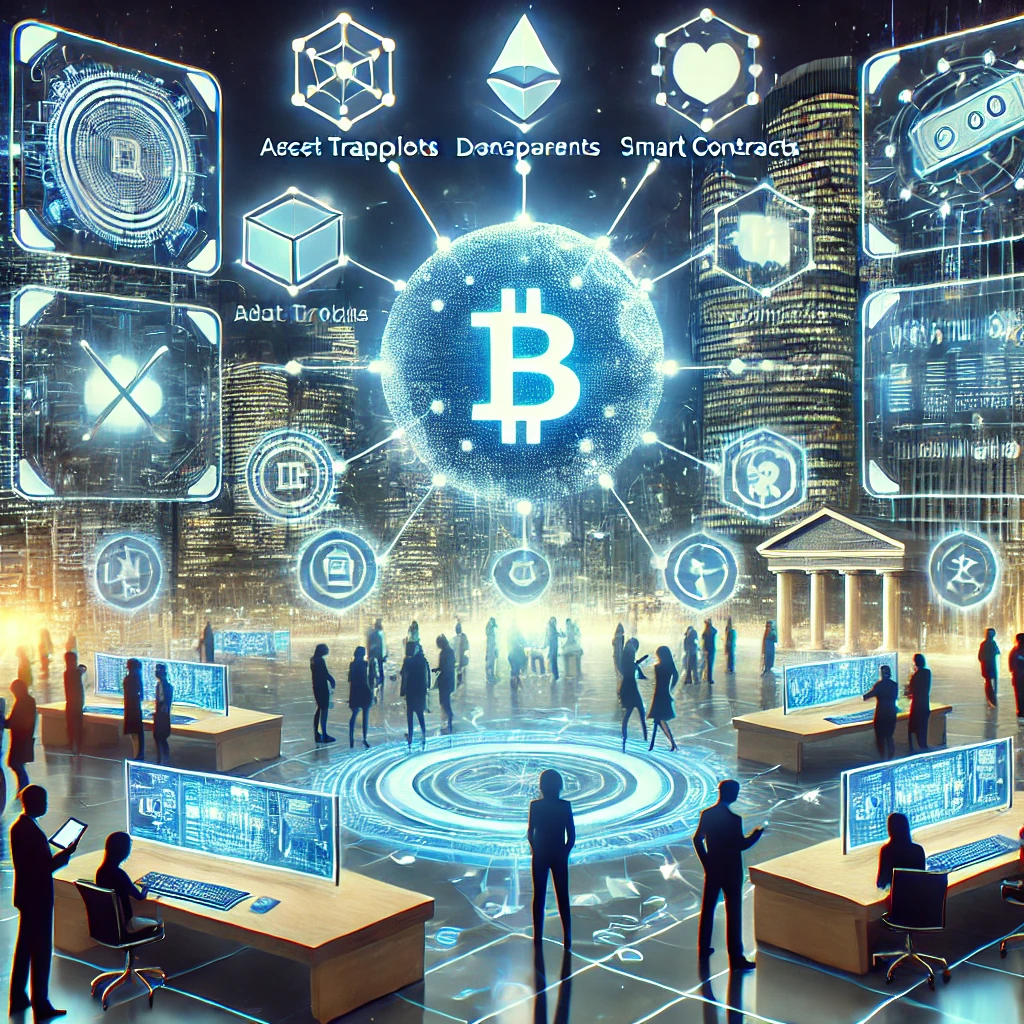
Why I think Web3 is the future.
Why I think Web3 is the future.
I have long admired what I think Web3 could become. I have built a few ERC-20 tokens and Smart Contracts, for educational purposes only. I’ve looked at NFTs and Blockchains in general, in fact I often blog about these topics.
Studying, reading about and trying to make things related to Web3 and blockchain is essential for understanding the future of the internet and finance. These technologies promise to decentralise control, enhance transparency, and empower individuals. While there are challenges and it can be a bit of a steep learning curve, the potential benefits make this an exciting and crucial area of study.

Web 3
This is more than just cryptocurrencies and monkey pictures.
The Internet as We Know It
Web 1.0: The Early Days
- Freedom and Creativity: Web 1.0 was characterised by individual ideas and creativity. It was a wild west with almost no rules, allowing anyone to build whatever interested them.
- Content Discovery: Search algorithms were simpler, making SEO less critical. High-quality content naturally rose to the top regardless of SEO strategies.
Web 2.0: The Current Model
- Centralisation of Power: Web 2.0 is dominated by a few large players who control vast amounts of content and data. These entities have profited immensely by selling harvested user data.
- Content Ownership: Any content created by individuals often benefits these gatekeepers more than the creators themselves. SEO has become crucial to compete with the content from these large entities.
Web 3.0: The Future of the Internet
- Decentralisation and Ownership: Web 3.0, leveraging technologies like IPFS and blockchain, represents a reset. It brings back individual ownership and control over content.
- Challenges: Although the learning curve and barriers to entry are steeper than in Web 1.0, Web 3.0 offers a fresh start concerning ownership and provenance. The role of SEO in Web 3.0 remains to be fully understood.

The Blockchain is more than just Web3
We can’t fix the global banking system basically because those at the top of that pyramid don’t think it is broken. What we can do however, is build an agacent banking system which competes with the currect defacto systems. If enough people migrate to a newer, fairer and more transparent way of banking, then the old systems will need to keep up, this may drag thos old institutions into a world where they are also more transparent.
Currencies: A Broken System
Issues with the Current Banking System
- Wealth Concentration: Vast wealth is controlled by a few, with only the wealthiest understanding how to maximise their benefits from the system.
- Risk and Reward: The system rewards extreme risk-takers. However, when risks fail, national and international banks often bail out these entities, creating a moral hazard. The rewards of successful risks benefit banks, but failures are mitigated by public funds.
Benefits of Cryptocurrencies and Tokenization
- Decentralised Finance: Cryptocurrencies and tokenisation offer an alternative to the centralised banking system. They enable more democratic access to financial tools and services.
- Transparency and Security: Blockchain technology ensures transparency and security, reducing the risk of fraud and manipulation.
- Financial Inclusion: Cryptocurrencies provide financial services to those who are unbanked or underbanked, fostering greater financial inclusion.

Assets
Assets in the real world make way more sense to everyone except digital artists. However, NFTs could represent a way of digitising ownership of real world assets, I think this has far greater potential than producing, selling and collecting digital pictures.
NFTs: Potential Beyond the Hype
Current State of NFTs
- Hype and Speculation: The initial surge in NFT popularity has been marred by speculation and low-quality digital art, with many seeing it as a quick money-making scheme.
Real Potential of NFTs
- Provenance and Ownership: NFTs have enormous potential in proving ownership of real assets. They could maintain records of vehicle ownership, maintenance, and transfer for example.
- Experience Ownership: NFTs can verify the ownership of tickets for concerts, flights, and other experiences. They can track sales and transfers, ensuring transparent and fair secondary markets.
- Smart Contracts: Leveraging smart contracts, NFTs can automate and enforce the terms of sales and ownership transfers, reducing fraud and disputes.
The future of the Web is at a fork in the road
We can continue down the path we’re on where only a few of the biggest entities own the content, giving them enourmous leverage when it comes to shaping the future of the web.
They kind of own all the content
They may say you own it, but it’s a bit more complicated than that. Even if they let you donload your data and close your account, it’s not like you can take it to your own website and still have access to all the eyeballs that saw it on the previous platform.
Furthermore, just because they let you take your content with you, or even if you chose to keep it where it is, they own the data and the analytics. They know more about your customers, readers, viewers than you will ever know. They know how to drive content to you and if you leave, they know which users they want to target and drive to your competing content creators that remain on their platform.
You own nothing, you are simply feeding the beast.
They own all keys to the system
If they want to change something, they can, this has created an enourmous market for SEO specialists, but the system shouldn’t be this hard to master anyway, good content should rise, bad content should fall.
Secret Sauce
Look at almost any YouTube (or other) chanel perhaps with the exception of the very biggest, they will tell you that there was at least one time when they checked their stats to find the algorithm changed and their viewers dived over-night.
There are few publications on these algorithms, partly because the gate-keepers don’t want people to game the system, but without fully understanding the system, you cannot get your content infront of target viewers.
Many of these chanels did homework, saw what they thought was working, changed their own content and continued to fight another day, but there are many that didn’t find that new secret sauce and eventually wrapped up.

An alternative Web
I’ll be honest and say that I don’t understand how SEO could work in the Web3 world, in fact finding anything in the Web3 world is not always easy, but it is open and it is transparent. Opportunities exist for a Web where the content owner owns the material, any revenue generated on the back of that material can be shared with the creator and we’ll always know who came up with that meme first.
Revenue sharing will likely be a key to the success of content creation in Web3 as will access to data.
The future of Banking and Assets
I don’t come from a finacial background. I think the future of banking will be to embrace the blockchain, not because these old rich institutions want to but because there are enough successful digital finance initiatives out there, success has been proven, they don’t want to be left behind.
For Assets, I’ve already stated that I think the future lies in digitising real-world assets, I don’t really think digital art is the future of NFT’s, in fact I think digital art and those early ‘get rich quick schemes’ probably set the potential for NFTs back a decade or more, but, the future of digitising real-world assets could be quite interesting.

